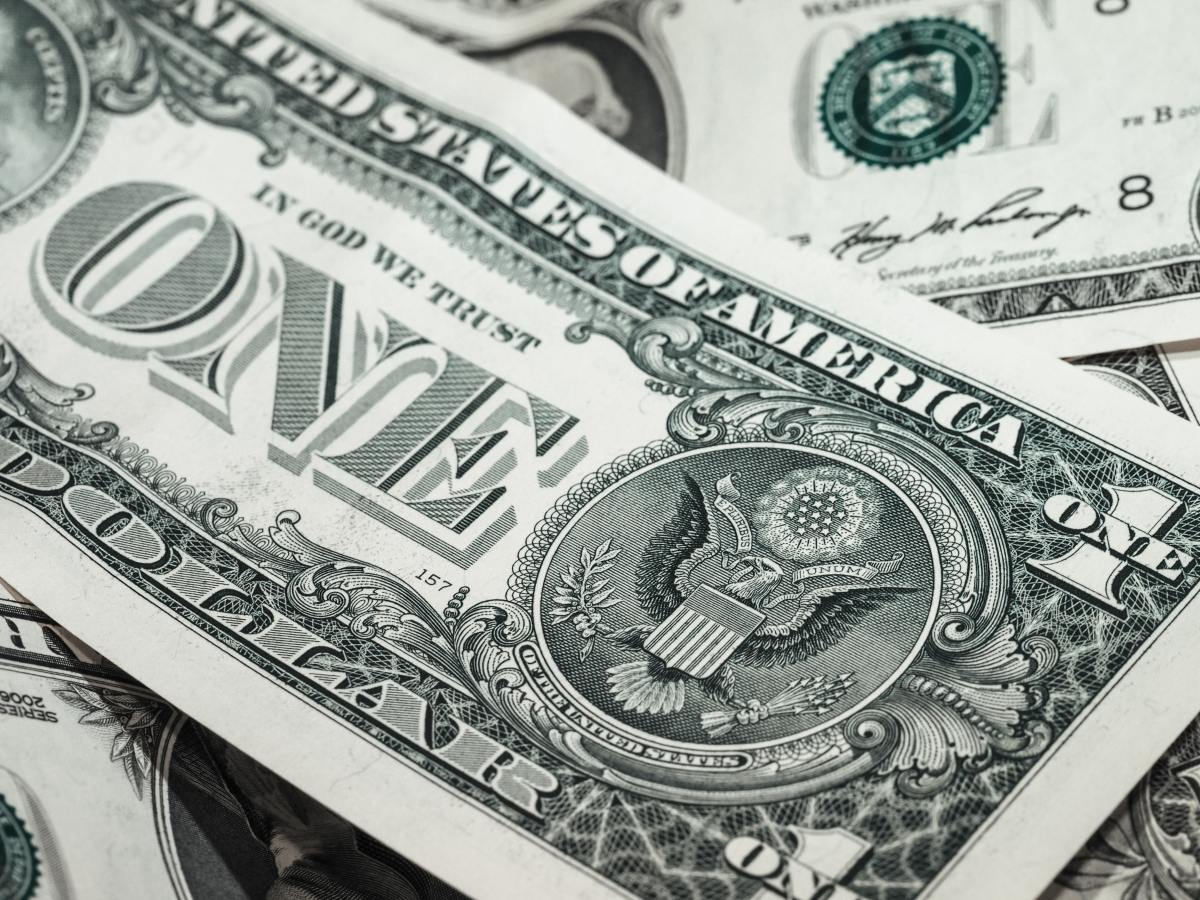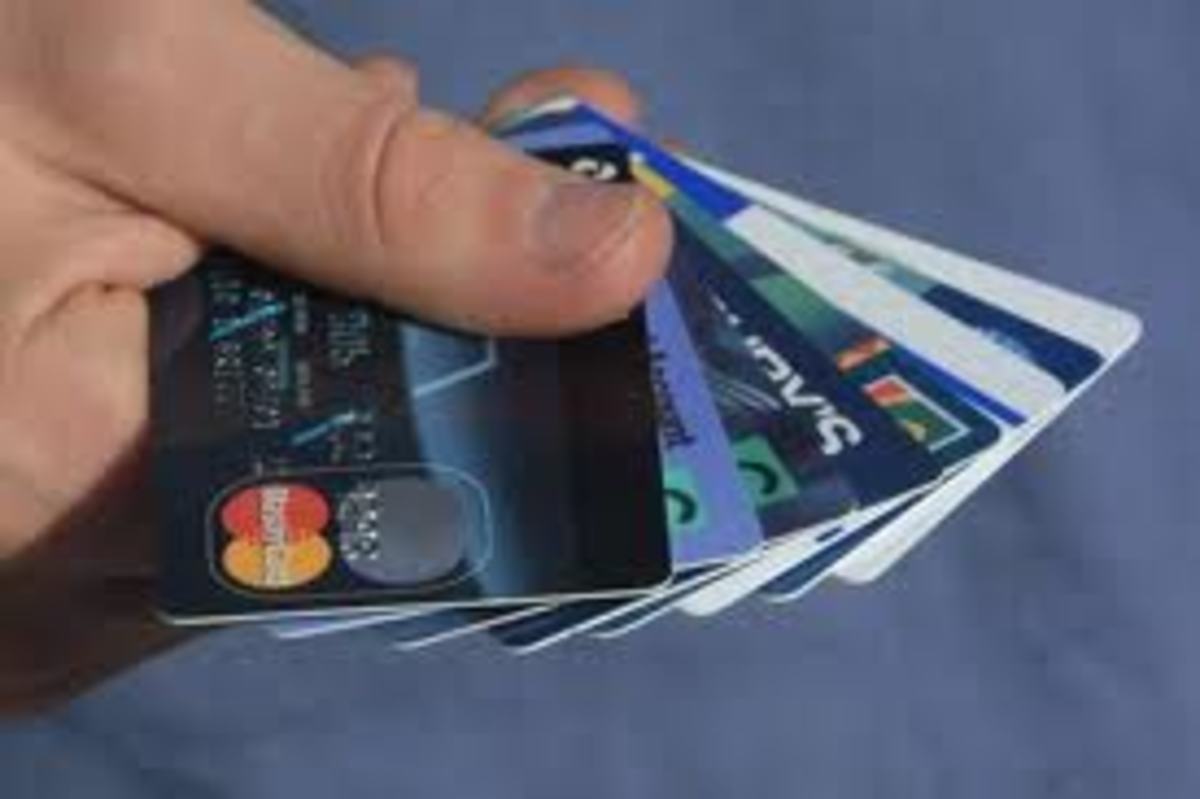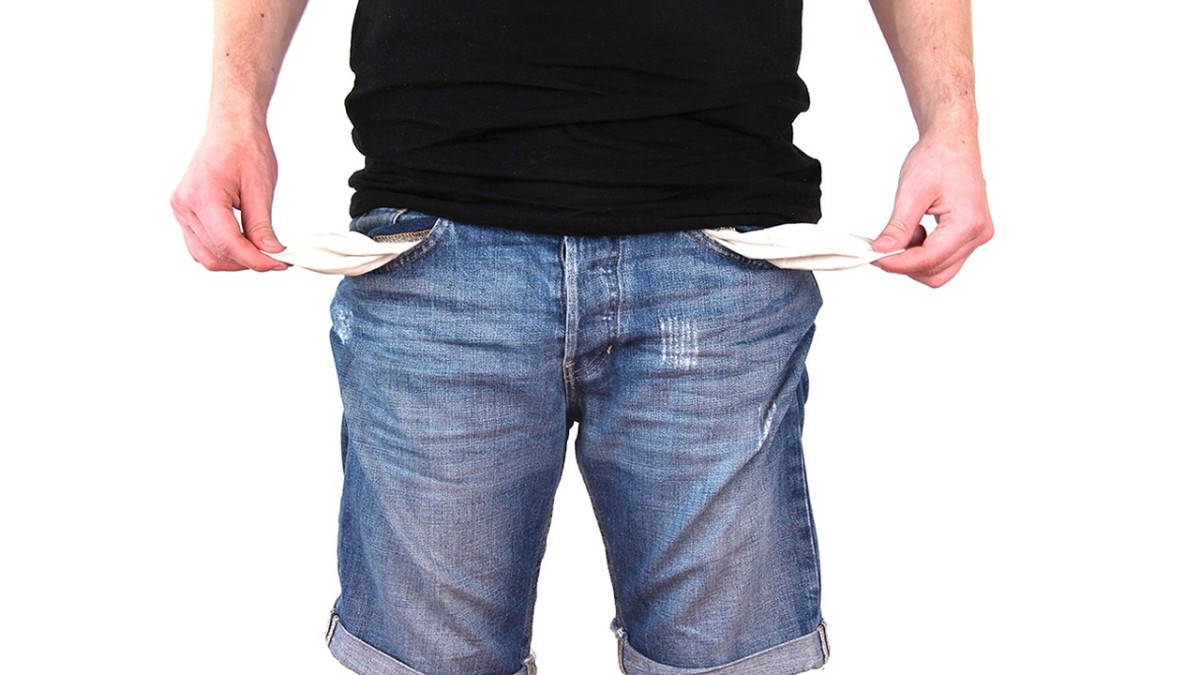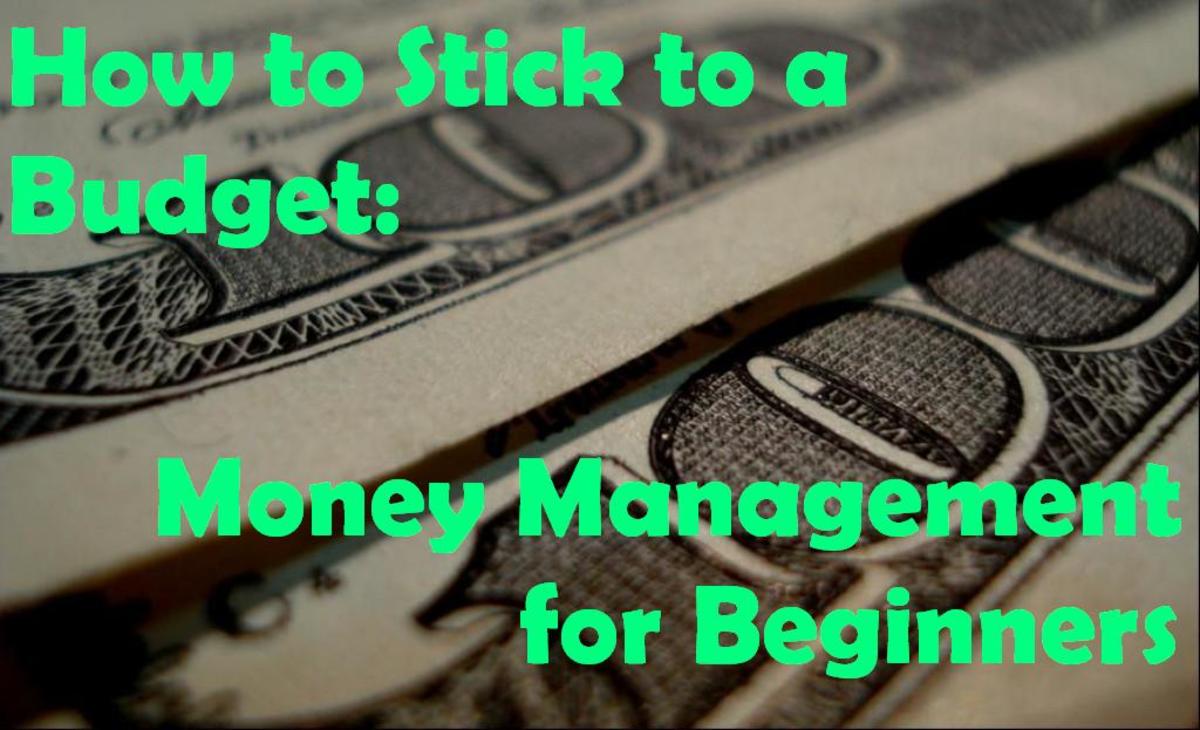Money Management Tips

Money management skills are some of the most important skills a person should have because we all need money to survive in this world. Money is part of our past, present, and future. Your past money experiences determine whether you have money in the present tense or not and your future will be based on how well you made financial decisions right now in the present. It is all interconnected which is why it is critical to get your finances in order today.
The first step in getting your finances in order is to make a budget of the money and expenses that you have each month. This should be done every month so you know exactly how much money you have coming in and how much is going out towards expenses. You have to write down every last thing you spend your money on so you know where every dollar is going. There there programs online that make this process easier and you just have to type in your income and expenses and it basically does the work for you. Some people prefer to go the old school route and just write everything down. What you decide to do is entirely up to you as long as you get the job done.
After making your budget, you should have a much better idea about the status of your finances. Now, you should determine how much money you can afford to save each week or month after all your bills and expenses are paid. If you're in a lot of debt it is not realistic to save much money until you have paid that debt off. Still, it is important to at least save $10 or $20 a week because some savings is better than nothing at all. Just saving $10 a week adds up to $520 a year. If you double that and save $20 a week you will have $1040 a year. That doesn't seem like much but it is better than wasting that money on something worthless or worse not even knowing where that money is going. Also, be sure to keep your checkbook balanced whether on paper or using online banking to do it.
A big step in succeeding financially is to get out of debt. Credit cards account for a lot debt for many people which is why it's important to be careful with credit cards. If possible, I would recommend people not to use credit cards at all. Just don't ever open a credit card and you'll be much better off in the long run. Unfortunately, we are told we need to open credit cards in order to build our credit history otherwise we won't get loans for houses and cars. Well, if we save up and pay for our houses and cars in cash we won't need those loans in the first place.
Regardless, most people already have credit cards, sometimes more than one, and are paying the price for it in ridiculously high amounts of interest. Some credit cards can charge as much as 29% or more in interest which is crazy. Other so called "low" interest credit cards charge only 10% or 12% which still adds up to a lot of interest in the long run. This means we usually end up paying a lot more for our purchases then we need to. That good bargain that you got won't really matter when you purchased it with a credit card that charges a 20% interest rate. Credit card companies are basically robbing Americans blind and we're letting it happen because we "need" to buy things right now even if we don't have the money to pay for it right now. A good rule of thumb is that if you don't have the money to pay for something then you probably shouldn't be buying it. If you have to resort to using a credit to pay for something that you don't really need in the first place then you are losing with money and the credit card company, much like they always do, are winning.
If you absolutely must have a credit card to build your credit then you should just keep one open with a low credit limit that you pay off completely every month so you never owe the credit card company a dollar more then you need to. I understand how it can be convenient to use credit cards for purchases online to safeguard your identity. It can also be beneficial to use credit cards when traveling or checking into hotels to keep your identity safe. Otherwise, it is much better to avoid credit cards at all costs to avoid being willingly robbed every month when the bill comes.
If you are already in a lot of credit card debt then you need to start paying off the credit card with the highest interest rate first. Pay as much as you can each month so you can pay it off quickly and avoid being robbed further by the credit card company. Never make the same mistake again after you have paid off all of your credit card debt. If you have to purchase something make sure you have the money first before you buy it rather then using a credit card. This is where having a budget really helps. If you don't have money in your budget then you simply don't make the purchase. If you are paying cash for something then you are paying the price tag, if you are paying with a credit card you are paying the price tag plus all the interest that comes with the credit card. This is a losing combination and you are much better off not making the purchase at all.
Part of winning with money is having money saved for emergencies or rainy days so you don't have to resort to credit cards. It is a good rule to have a three month emergency fund in addition to your savings. This means that you have enough money to live on for at least three months and pay all your needed expenses and bills even if you don't have any money coming in. The emergency fund includes money for rent, food, bills, car payments, house payments, and all other expenses that you pay every month. If you have an emergency fund of 6 months or more then that is great! The more money you have saved the better it will be for you in the long run because then you will feel secure knowing that you are safe in case something happens and you can't work or you lose your job or something else goes unplanned.
Some people find it easier to save money when they have specific goals towards which they are saving the money. For example, saving money towards a family vacation can be a good motivational tool. If you know what you are working towards then you are more likely to get there faster. You have a plan and you know what to do to reach it so there is no confusion. Maybe your goal is a new car or a bigger house. This is a great inspiration to save money towards. Every time you are tempted to spend money on something you don't really need, you can stop yourself and think about that house or car that you are saving towards and put money towards that instead of an impulse purchase.
This brings me to my next point: determining if a purchase is a want or need. This is a tough one for many people including myself sometimes. Do I want that designer handbag to add to my collection? Yes, I definitely do because it's gorgeous and I want it in my life. Do I really need it? Not really since I have about 30 others just like it sitting in my closet collecting dust. You should ask yourself these questions before you make purchases impulsively. If you have to think a really long time about whether you want something or need it then you probably don't really need it. It's okay to buy fun stuff for yourself sometimes but remember that if you are in a lot of debt then it is much smarter to pay off the debt before you make such unnecessary purchases. Once you are out of debt you are freed from the chains and able to live your life in peace. Until then you are a prisoner of your debt so you should make it a goal to pay it off as quickly as you can.
Advertising never fails to come up with the next best thing and convince us that we simply need it in our lives to be truly happy. The thing is, once you get that, you will realize there is something else that you totally want and the cycle never ends until you are broke and in debt. If you are seriously in doubt about buying something, wait a few days and then revisit the idea after looking at your finances realistically. If you still want to make the purchase and can afford it then you should definitely go for it and live a little...but only if you can truly afford it.
Saving up to buy a house or car is a much better idea then making car payments for years or having a mortgage for 30 years hanging over your head. Think about it, if you don't make a down payment on a house and then pay a mortgage for 30 years then you are probably paying double or more on the price of the house in interest. That $50,000 house might look pretty nice now, but in 30 years after you have paid significantly more for it, is it really going to be worth it? The same goes for that car that you are going to make payments on for 5 years or more. By the time you pay it off it probably won't be worth half the price you paid for it so wouldn't it be a much smarter decision to save up for the car and pay for it right away? It definitely would be the right decision to make.
Banks are counting on people to make the wrong decisions financially so they can make more money. They want you to be careless and overdraw on your checking account so they can charge you an overdraft fee. If everybody saved money then no one would need to open credit cards or get loans for houses and cars. The banks would then simply be a place to store our money in. That sounds like a good idea to me but the banks sure won't like that which is why they do whatever necessary to make sure people live outside of their means and buy things they can't afford. Remember the recession a few years back? A lot of it occurred because banks gave people who couldn't afford houses loans for those houses and when they couldn't pay for them any longer the people would have to foreclose on their home and lose all their money. Then the banks needed to be bailed out by the government because of their horrible decisions. Unfortunately, no one bailed out the people who lost everything. Banks will always win unless people start making better decisions about their money.
Overall, winning with money can be pretty simple. You basically have to make a plan or budget of your income and bills to determine where your money is going and how much of it you have coming in each month. Then you need to save money for your emergency fund, savings, and to make big purchases like cars and houses. You also need to get out of debt as fast as you can and avoid using credit cards to buy things you don't really need. Remember to ask yourself whether your purchase is a want or need to avoid acting impulsively and getting back into debt. Finances are usually not a fun topic but they can be if you are debt free and have a paid off house and car and planning a vacation to Florida in the near future! This is possible if you make the right choices today because remember that our money choices affect our past, present, and future so make the right ones starting now.
For the Love of Money by O'jays
© 2015 GreenEyes1607








